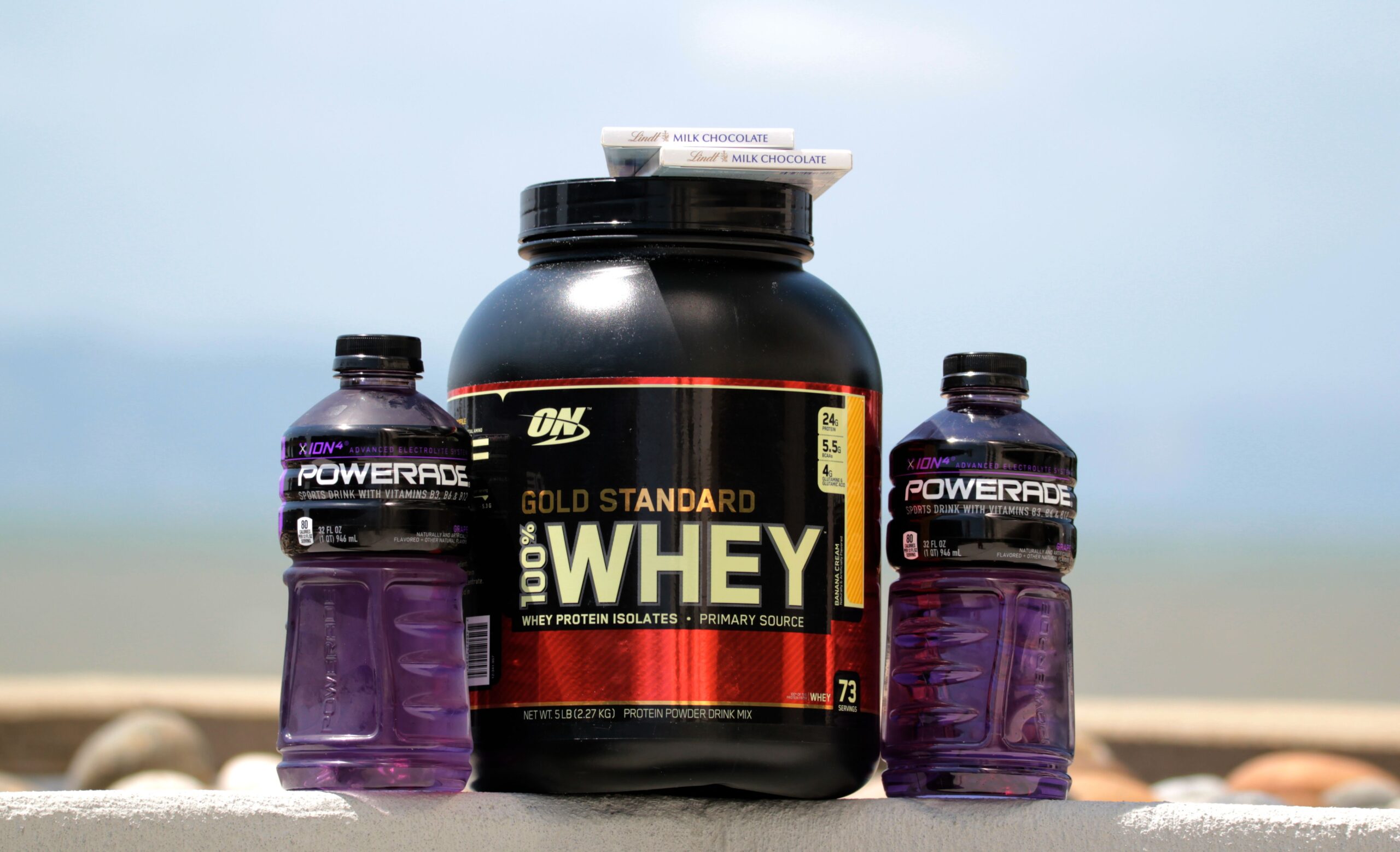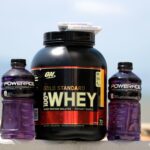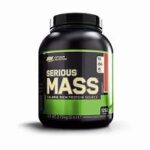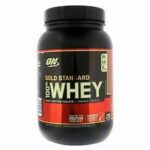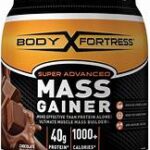With the increasing popularity of fitness and bodybuilding, protein powders have become a staple in many people’s diets. They are a convenient and efficient way to supplement your protein intake, especially for those looking to gain weight and build muscle. However, with the market flooded with endless options, choosing the best protein powder for weight gain can be overwhelming.
In this article, we will provide you with some valuable tips to help you make an informed decision and find the best protein powder to aid in your weight gain journey.
-
Understand Your Goals and Needs
Before diving into the world of protein powders, it is essential to understand your goals and needs. Your specific requirements may differ based on factors such as your current weight, body composition, fitness level, and dietary preferences.
Are you looking to gain overall weight or build lean muscle mass? Do you follow a particular diet or have any allergies? Answering these questions will allow you to narrow down your search and select a protein powder that aligns with your unique requirements.
-
Determine the Protein Source
The source of protein used in a powder can greatly impact its effectiveness and suitability for weight gain. Some of the common protein sources found in powders include whey, casein, soy, egg, and plant-based proteins (such as pea, hemp, and rice).
Whey protein is one of the most popular options for weight gain due to its high bioavailability and essential amino acid composition. However, if you are lactose intolerant or follow a vegan diet, opting for plant-based protein powders may be a better choice.
-
Consider the Protein Content per Serving
To maximize weight gain, it is crucial to ensure that the protein powder you choose has a high protein content per serving. This information can typically be found on the product’s packaging or the manufacturer’s website.
Aim for a protein powder that provides at least 20-30 grams of protein per serving. Higher protein content will help support muscle growth and repair, essential for weight gain.
-
Evaluate the Amino Acid Profile
Protein is composed of amino acids, which are the building blocks of muscle tissue. When selecting a protein powder, it is essential to assess its amino acid profile.
Look for powders that contain a balanced mix of all essential amino acids, including branched-chain amino acids (BCAAs) like leucine, isoleucine, and valine. BCAAs play a crucial role in muscle protein synthesis, promoting muscle growth and recovery.
-
Check for Added Ingredients
While protein powders primarily serve as a source of protein, many manufacturers add additional ingredients to enhance flavor, texture, or nutritional value. It is vital to review the list of added ingredients and ensure they align with your dietary goals.
Avoid powders that contain excessive amounts of artificial sweeteners, flavors, or fillers. Additionally, keep an eye out for allergens or ingredients you may be sensitive to if you have any existing food allergies.
-
Assess the Carbohydrate and Fat Content
In addition to protein, carbohydrates and fats are also vital macronutrients for weight gain. Depending on your specific goals, you may want to consider protein powders that have a higher carbohydrate or fat content.
Carbohydrates can provide energy for workouts and aid in muscle recovery, while healthy fats support hormone production and overall health. Evaluate the macronutrient profile of the protein powder and ensure it aligns with your desired nutritional intake.
-
Check for Independent Lab Testing and Quality Assurance
To ensure that you are purchasing a high-quality protein powder, look for brands that conduct independent lab testing and have quality assurance measures in place.
Third-party testing can verify the accuracy of the ingredients and the absence of any harmful substances. Additionally, certifications such as NSF Certified for Sport or Informed Sport can provide further assurance of quality and safety.
-
Consider Taste and Mixability
While the nutritional content is crucial, taste and mixability are factors that should not be overlooked. Protein powders come in a variety of flavors, ranging from chocolate and vanilla to more unique options like cookies and cream or fruity flavors.
Read reviews or try small sample sizes to gauge the taste and mixability of different options. Some powders may clump or have a chalky texture, making them less enjoyable to consume regularly.
-
Compare Prices and Value for Money
Protein powders can vary significantly in price, with some premium brands costing considerably more than others. When comparing prices, consider the overall value for money by assessing the protein content, ingredient quality, and serving size.
It may be worth spending a little extra for a higher-quality product that provides better results and fewer unwanted ingredients.
-
Seek Recommendations and Read Reviews
Lastly, seek recommendations from trusted sources such as fitness professionals, nutritionists, or individuals with similar goals. Their experiences and insights can help guide you towards reputable brands and products. Additionally, reading customer reviews online can provide valuable feedback on taste, results, and overall satisfaction.
Conclusion:
Selecting the best protein powder for weight gain involves careful consideration of your goals, protein source, protein content, amino acid profile, added ingredients, macronutrient composition, quality assurance, taste, and pricing. By following these tips and conducting thorough research, you can find a protein powder that meets your nutritional needs, enhances your weight gain journey, and supports your overall health and fitness goals. Remember, consistency in both your training and nutritional choices is key to achieving sustainable weight gain and muscle growth.
